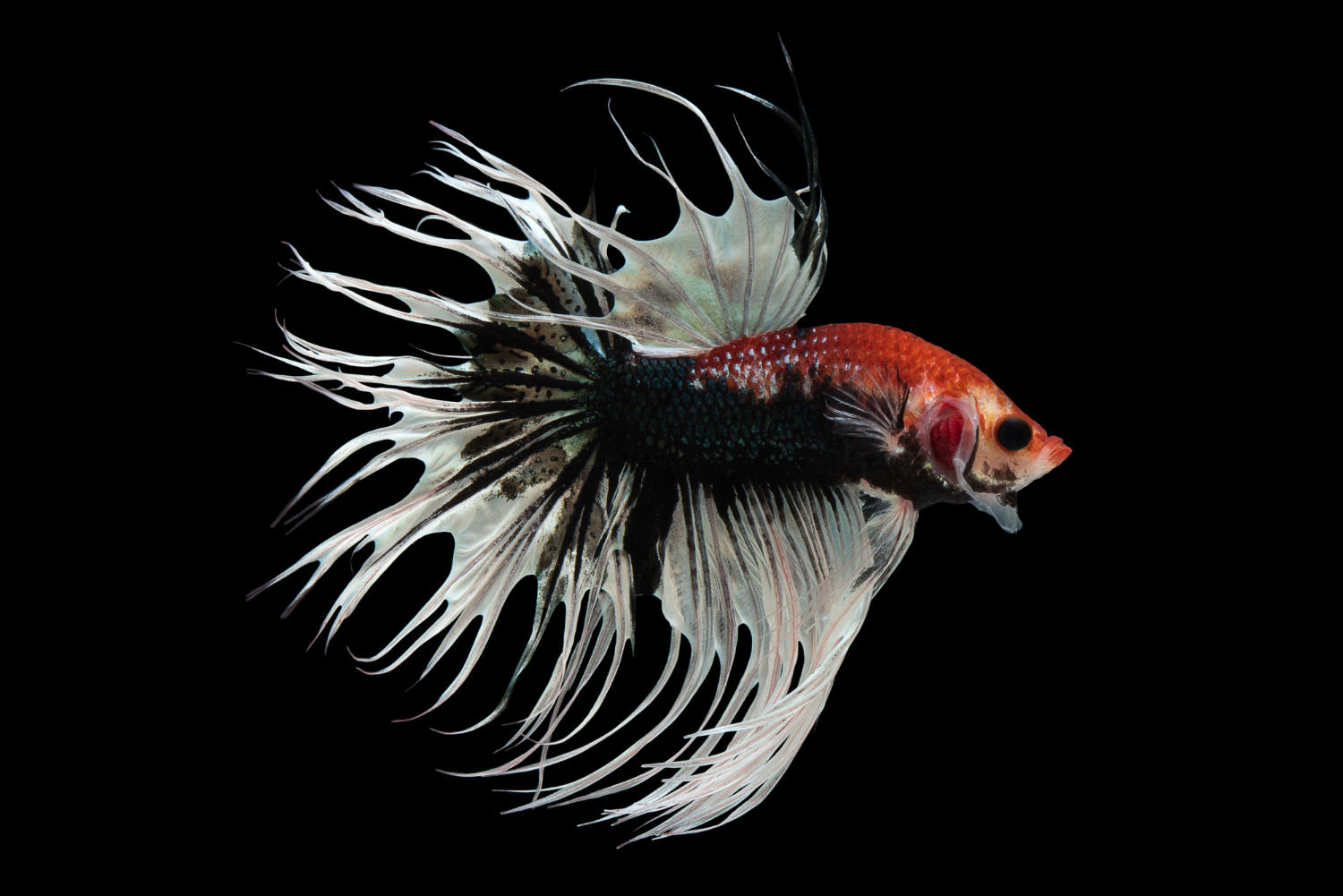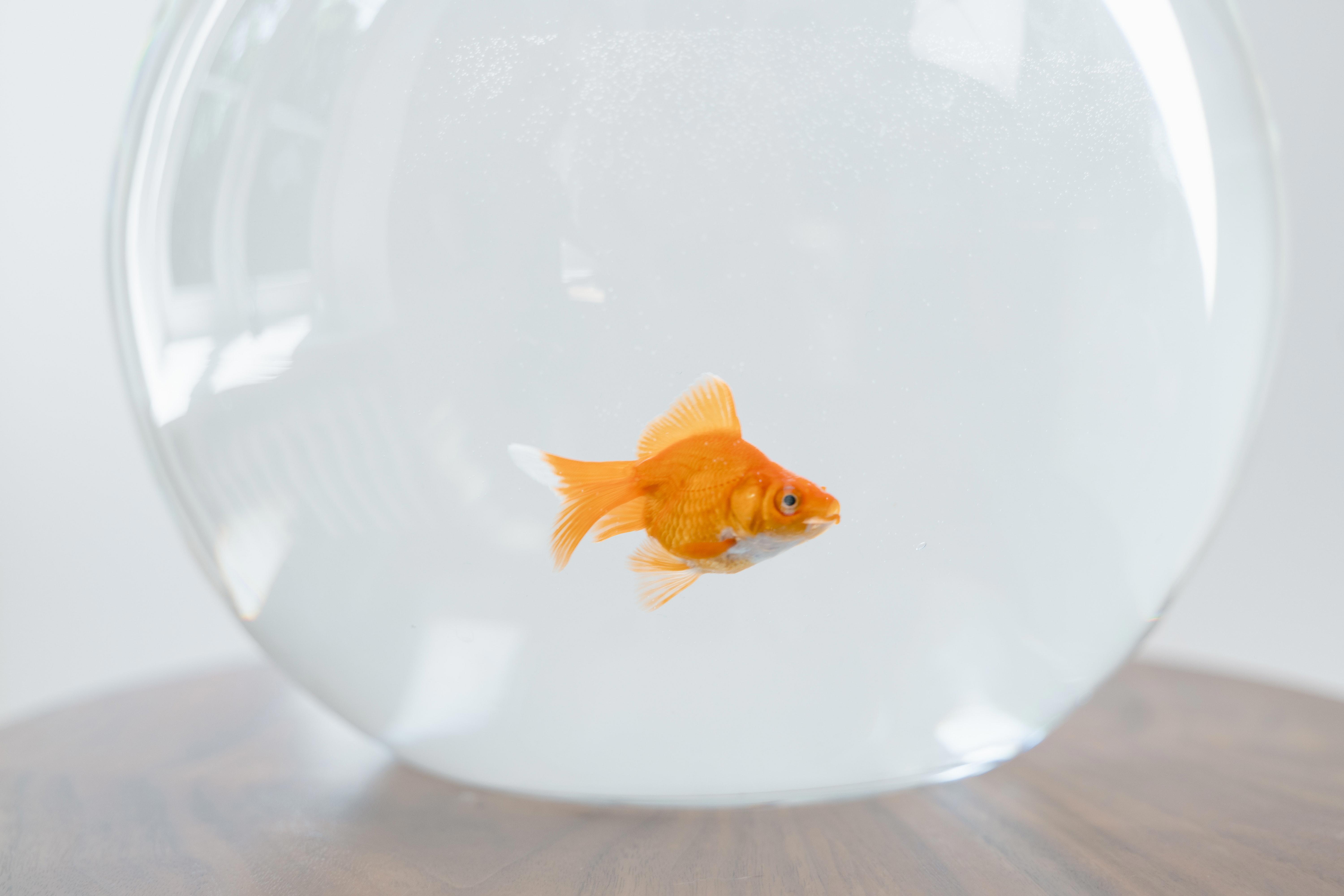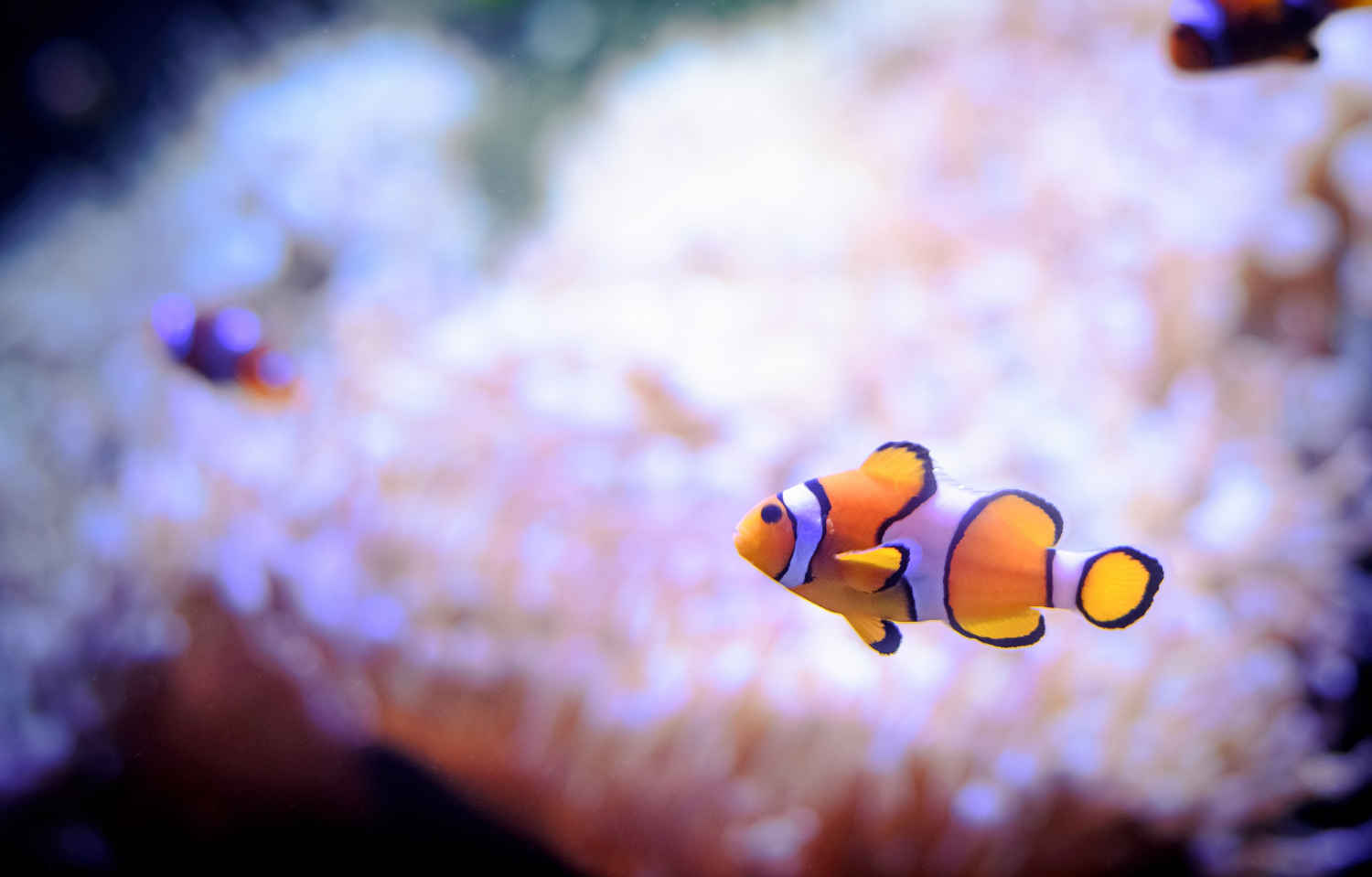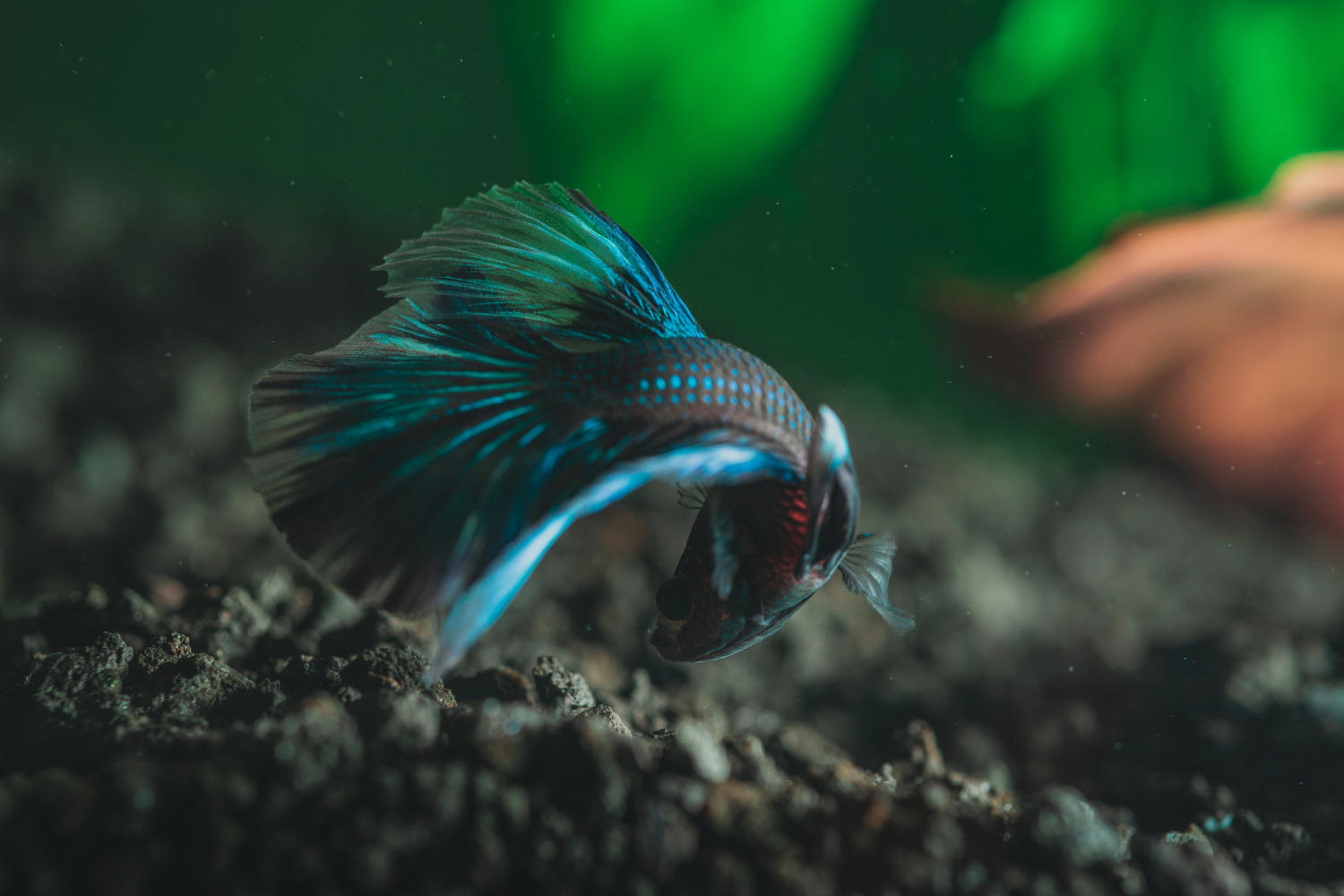.jpg)
Do fish have feelings? It’s a question that has been asked for centuries, and one that has been heavily debated among scientists and animal lovers alike. With the emergence of new research and technology, however, it is becoming increasingly clear that fish may have the capacity to experience emotion and even suffer from depression. In this blog post, we’ll be exploring the depths of fish emotion, investigating whether fish can indeed experience depression, and discussing the implications of this new knowledge. From the research that has already been conducted to the potential future implications of this discovery, we’ll dive deep into the world of fish emotion to uncover the truth.
Fish are one of the most widely distributed and populous animals on the planet. They inhabit both fresh and saltwater bodies, and they come in a variety of shapes, sizes, and colors. Despite their prevalence and diversity, however, there is still much to learn about fish. One of the most intriguing aspects about fish is the possibility of them experiencing emotion. In this blog post, we will explore the depths of fish emotion and investigate whether fish can experience depression.
Depression is a mental health disorder characterized by persistent feelings of sadness and low motivation. Depression affects millions of people each year, but it is often difficult to diagnose due to its varied and subtle symptoms. Interestingly, research has begun to suggest that even fish may be capable of experiencing depression.
One of the most compelling pieces of evidence for fish experiencing depression is the fact that they exhibit similar behaviors as humans do when they are depressed. For example, depressed humans often become less active and less interested in their environment. Similarly, depressed fish tend to move around less and exhibit reduced activity levels. Additionally, depressed humans often lose their appetite, and the same is true for fish. When fish experience depression, they often stop eating, which can lead to significant weight loss.
Furthermore, research has shown that fish can experience alterations in their brain chemistry when they are depressed. One study found that when fish were exposed to a stressful environment, their brains released higher levels of cortisol, a hormone associated with stress and depression in humans. This suggests that fish may be capable of experiencing similar psychological effects as humans when they are feeling depressed.
In addition to exhibiting behaviors similar to humans, fish also display specific behavior indicative of depression. For example, some fish become more aggressive and territorial when they are feeling down. This is similar to the increased irritability and aggression that is often associated with depression in humans. Additionally, some fish exhibit a behavior called “circling” when they are feeling down. This behavior involves the fish swimming around in circles as if they are searching for something. This behavior is similar to the restlessness and aimlessness that is often seen in depressed humans.
These findings suggest that it is possible for fish to experience depression, though more research is needed to fully understand the depths of their emotions. It is important to note that depression in fish is still largely understudied, and there are many unknowns about the full extent of their emotional capacities. It is also important to remember that fish have their own unique ways of expressing their emotions, and that further research is needed to better understand them.
Overall, this blog post has explored the depths of fish emotion and investigated whether fish can experience depression. While there is evidence to suggest that fish may be capable of experiencing depression, more research is needed to fully understand the depths of their emotions. Regardless, it is clear that fish are complex and fascinating creatures, and that they deserve to be respected and cared for.
Overall, it appears that fish may have emotions and the capacity to experience depression, although further research is necessary to conclusively answer this question. It is important to remember that fish are sentient beings that are capable of feeling pain, and as such, must be treated with respect and kindness. As we continue to explore the depths of fish emotion, it is essential that we strive to develop a greater understanding of their emotional experience and how it can be impacted by external factors. This will help us to better care for our fish, while also protecting their welfare.


.jpg)

.jpg)


